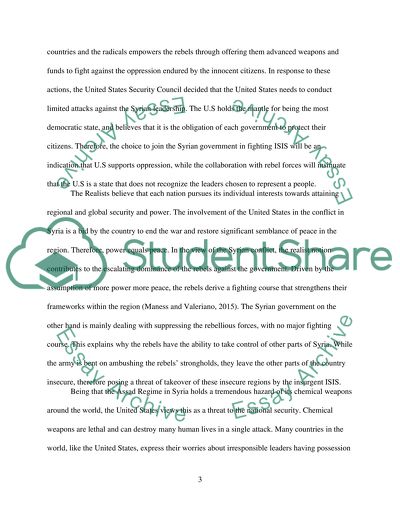Cite this document
(“US National Security Council (NSC) official briefing the National Essay”, n.d.)
US National Security Council (NSC) official briefing the National Essay. Retrieved from https://studentshare.org/social-science/1694227-us-national-security-council-nsc-official-briefing-the-national-security-adviser-on-why-rebel-groups-may-take-control-of-parts-of-syria
US National Security Council (NSC) official briefing the National Essay. Retrieved from https://studentshare.org/social-science/1694227-us-national-security-council-nsc-official-briefing-the-national-security-adviser-on-why-rebel-groups-may-take-control-of-parts-of-syria
(US National Security Council (NSC) Official Briefing the National Essay)
US National Security Council (NSC) Official Briefing the National Essay. https://studentshare.org/social-science/1694227-us-national-security-council-nsc-official-briefing-the-national-security-adviser-on-why-rebel-groups-may-take-control-of-parts-of-syria.
US National Security Council (NSC) Official Briefing the National Essay. https://studentshare.org/social-science/1694227-us-national-security-council-nsc-official-briefing-the-national-security-adviser-on-why-rebel-groups-may-take-control-of-parts-of-syria.
“US National Security Council (NSC) Official Briefing the National Essay”, n.d. https://studentshare.org/social-science/1694227-us-national-security-council-nsc-official-briefing-the-national-security-adviser-on-why-rebel-groups-may-take-control-of-parts-of-syria.


